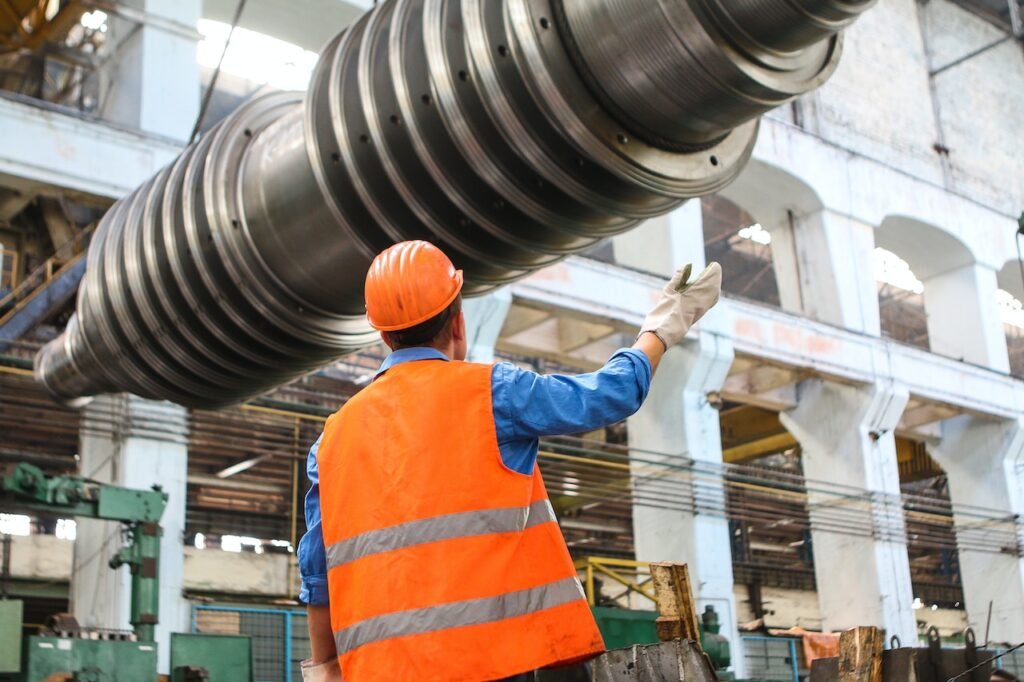How to Answer, why you Choose Structural Engineering? A question during the Interview.
Choosing a career path is like selecting the chapters of your life story. When someone asks, “Why did you choose structural engineering?” it’s a chance to share the passion behind your choice. Let’s break down how to answer this question in simple words, making sure your story shines through. But first know who are structural engineers and what they do?
Structural engineers and their work
A structural engineer is a rewarding profession and earns a sense of achievement on completing a project, whether a bridge, office or space satellite. There is an urge to touch what you have vied and designed because you know that your skills have helped make it happen. We understand statistics and mechanics to recognize real-world problems and save lives by creating durable buildings that defy earthquakes, wind, and snow.
Why did you choose structural engineering?
It has revolutionized the world:
It is no hyperbole to say that outcomes from structural engineering have transformed the appearance of towns and cities around the globe. Advanced structural analysis has helped aesthetically alluring design that revolutionized how we live and work.

It has crossed new levels of accuracy and innovation:
With the advent of computer technology, structural engineering has reached a new level of quality, accuracy, and innovation. Parametric modeling and finite element analysis take this profession to new heights by enabling structural engineers to create 3D designing and analyze the concrete beam load on a physical structure.
It makes safety a reality:
Structural engineering provides empirical and scientific floors to build durable structures that are safe to live in and work in. Structural engineers focus on design, reliability, safety, material specification, and strength. They work with the architect to outline internal and external factors such as load, wind velocity, nodes, elements, and geography on steel systems.
Structural engineering predicts structural capacity and stability:
No doubt, it helps predict the stability of structures and their ability to withstand static and dynamic loads. Structural engineers check internal and external forces such as earthquakes, wind, air resistance, vibration, temperature, structural failure, and fatigue. It also creates long-term warnings and structural performance requirements well into the future.
It’s a problem solver:
Structural engineering helps you to create the infrastructure that best fits your environment’s specific needs and understand the infrastructure lifecycle.
Structural engineers have a unique perspective, using clarity and imagination to solve engineering challenges. They have a strong understanding of mathematics and science and have many other skills, such as critical and analytical thinking, time management, and sociability.
Conclusion:
Building construction isn’t easy, but the effort pays off. Structural engineers’ skills are integral to unlocking project potential, meeting its challenges, and ensuring project safety, and other construction professionals widely respect us.
